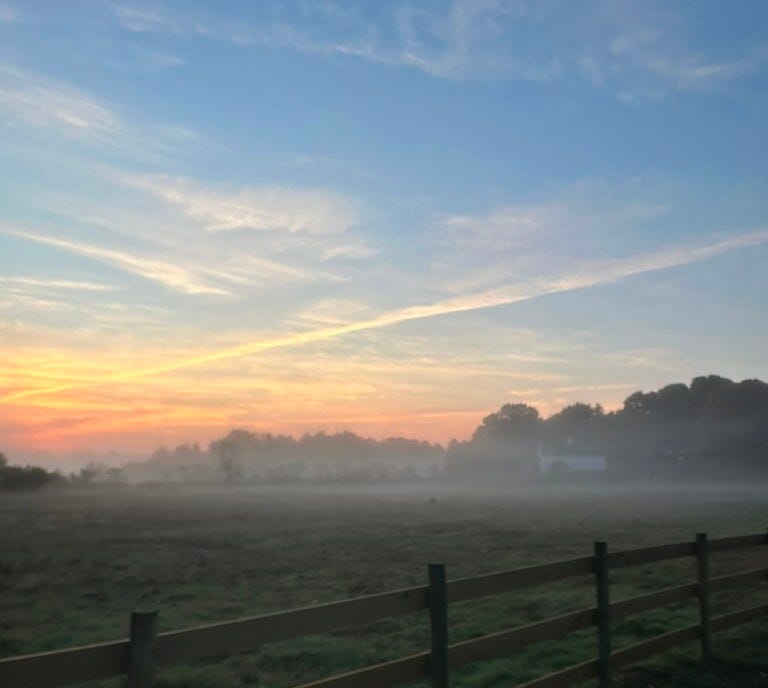Fall Things
As the seasons change, I am reminded there are only three precious months left in 2024. I feel myself drawing inward and getting clear on how to direct and protect my energy. This newsletter is a little peek into what I’ve been focusing my energy on, including a special interview I did with Rebecca. Let’s dive in!
Neurodivergence, Love and Sex
the Love Lab (uncensored) Podcast
This week I recorded an honest conversation with Rebecca about being autistic and navigating relationships, sex and love.
We also released a few other great episodes on the Orgasm Gap: What is it and what can we do about it? and How p*rn can help your relationships?
When Anxiety Runs the Show
The statement I hear the most from parents is ‘I am terrified of messing up my children’ which leads parents, myself included, to smooth the path forward for our children.
I just finished diving into Breaking Free of Child Anxiety and OCD: A Scientifically Proven Program for Parents by Eli R. Lebowitz, which explores what parenting an anxious child means and how to avoid letting your child’s anxiety take over the family. The book identifies ways we adapt our behavior to accommodate the child’s anxiety or demand they don’t feel their anxiety. Instead of accommodating or demanding, as parents we are invited to trust the child’s nervous system response cycle to complete without interference, building resilience and confidence in the child.
This book is powerful, practical and smart.
Teenagers and Phones
As the mother of a tween and teen, preventing technology and social media from taking over their lives is like trying to hold back the rising tide during a storm. Water is seeping in under doorways, window sills and along the joints of the ceiling. It’s futile. The benefits of my diligent sandbagging and storm preparation is hard to quantify as it lies in what hasn’t happened—the place most good work hides.
I recently read Behind Their Screens: What Teens Are Facing (and Adults Are Missing) by Emily Weinstein, Carrie James. All of the things we worried about with screens are true and I was annoyed as I read the first few chapters about how smartphones and social media platforms are an important part of a teens social landscape. As my resistance began to dissipate, it was helpful to appreciate the social benefits of smartphones, the positive ways teens connect and support each other and engage in activism. I have more compassion and insight into the social consequences my girls face by not having a smartphone, including missing last minute invites to gatherings, being excluded from social groups due to lack of online availability and being blind to the current social dynamics.
Emily Weinstein and Carrie James also write about the real challenges tweens and teens face with relationships, sex and technology. According to their research:
Girls roughly ten to thirteen years old are significantly more likely than boys to report that being asked for a [nude] picture is their top worry about their digital life.1
I wonder how many parents are aware that this is one of the top worries for little girls?
This is an illuminating book on how to understand and support kids with the social expectations and pressures they are carrying around in their pockets.
My favorite Substack reads this month
Holly wrote about Getting Cancelled. In this piece, she opens with the question: “Do you think everyone feels like they are going to be cancelled every time they post something or is it just me?” My internal response was yes, I do. I want to throw up every time I put my heart and work into the world.
Well to Do published a great piece called What Happened to the American Vacation which landed for me.
Thank you for taking the time to read through this newsletter. I appreciate your continued support and engagement.
Warmly,
Kate x
Weinstein, E., & James, C. (2022). Behind their screens: What teens are facing (and adults are missing). MIT Press.






